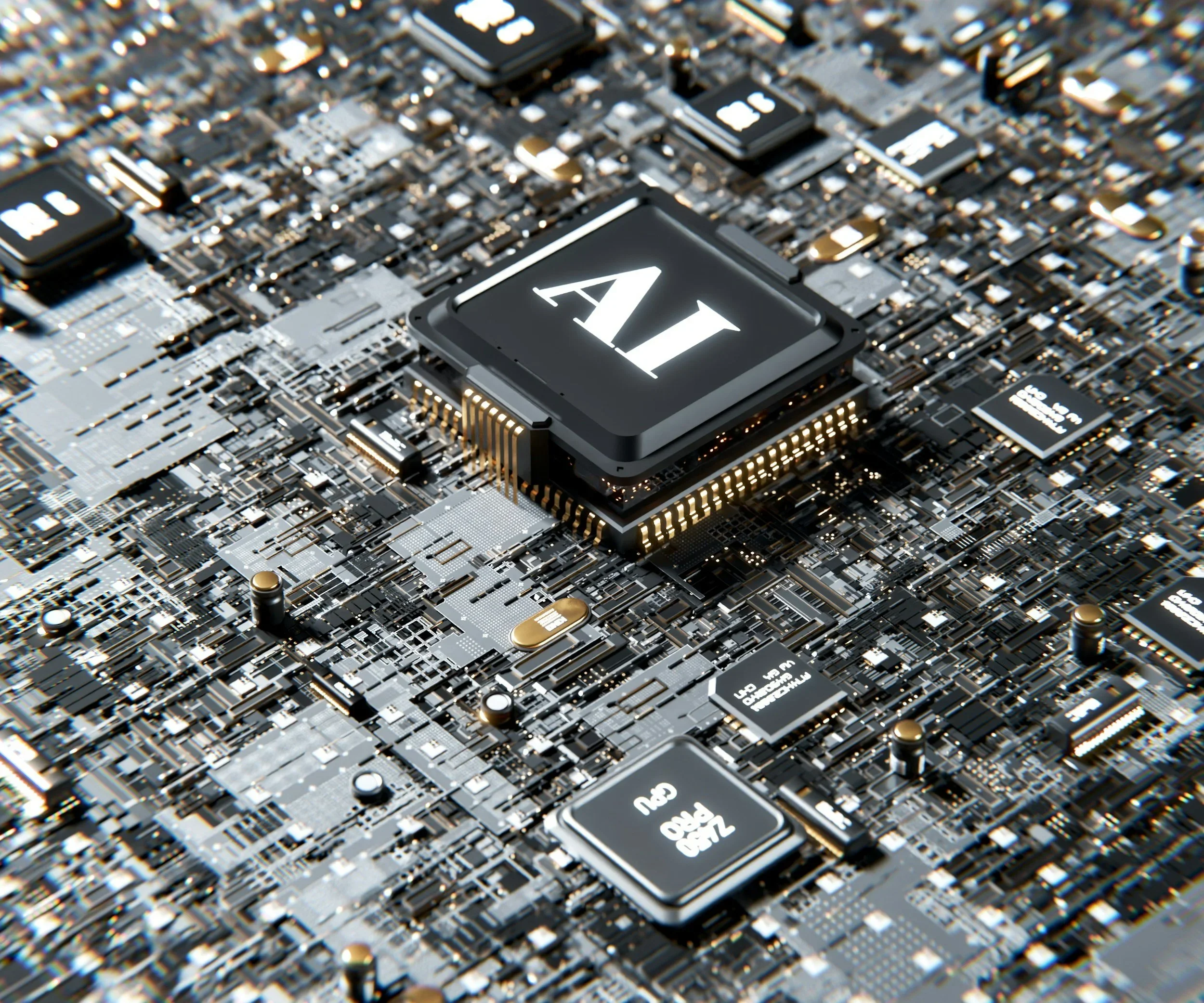Gianpaolo Todisco - Partner
With the explosion of generative artificial intelligence technologies (from text platforms such as ChatGPT to graphic solutions such as DALL·E, MidJourney or Stable Diffusion), the boundary between human and automatic creativity has become increasingly blurred. One crucial question dominates the debate: who is the real author of AI-generated content?
Copyright, as conceived in national and European legislation, is based on the idea of a human creative act. But what happens when the work is created – entirely or largely – by an algorithm?
The state of the art in legislation
Copyright, as we know it, is built on one assumption: human creative input is required. Without the “hand of man”, there is no protection.
For this reason, it is not possible today in Europe and Italy to attribute the authorship of a work to software. AI is considered a tool, just like a camera or a graphics program.
The recent Italian law on artificial intelligence has reiterated this concept: if there is no human intellectual contribution, the work generated remains outside the scope of copyright.
The position in the United States is similar. The Copyright Office has denied registrations for works created entirely by AI, recognising protection only where humans have made substantial creative choices (e.g., in the selection, modification, or combination of results).
The US Copyright Office has repeatedly denied protection to works generated exclusively by AI. In some cases, it has only recognised protection for the part of the work that reflects human creative decisions (e.g. the choice of prompts, the selection and modification of results).
The debate is still fragmented. Some scholars propose attributing rights to the owner or licensee of the software, while others argue that AI-generated works should fall into the public domain.
Key issues
Originality
Generative systems rework existing data. Is the output truly original or is it a reworking of pre-existing works?
Authorship
If a human merely enters a prompt, is their creative role sufficient to claim authorship?
Liability
In the event of infringement (e.g. plagiarism, deepfakes, unauthorised use of protected materials), who is liable? The user, the platform owner or the AI itself (a concept that is legally unacceptable today)?
Commercial exploitation
Companies that intend to monetise AI-generated content must clarify the ownership of rights and limits of use in their contracts.
Concrete impacts for creatives and businesses
Artists and designers: they risk seeing their styles reproduced without consent, but at the same time they can use AI as a tool for creative enhancement.
Businesses and start-ups: they must draw up clear contracts with employees, collaborators and suppliers who use AI, specifying the ownership of rights and the terms of commercial exploitation.
Publishing and media: they are called upon to establish internal policies to distinguish between content created by humans and content generated or assisted by AI.
Possible solutions
Contractual attribution
Include clauses in contracts that clarify the ownership of works generated with AI.
Labelling and transparency
Introduce disclosure requirements to distinguish between “AI-assisted” and “AI-generated” content.
“Instrumental” approach
Treat AI like a camera or editing software: copyright remains with those who made the creative decisions about the final work.
New “sui generis” protections
Some propose a specific right, similar to related rights, which recognises the economic value of AI results without calling them “copyrighted works”.
Conclusion
Copyright was built around humans as authors and creators. The arrival of generative artificial intelligence is forcing lawyers, legislators and creatives to redefine traditional categories.
For now, the rule is clear: without human creative input, there is no copyright. But economic and technological pressure will push for new solutions that balance innovation, the market and the rights of creatives.
Tagged: #AICopyright #GenerativeAI #AIArt #AIContent #AIandLaw #AIDirittoAutore

